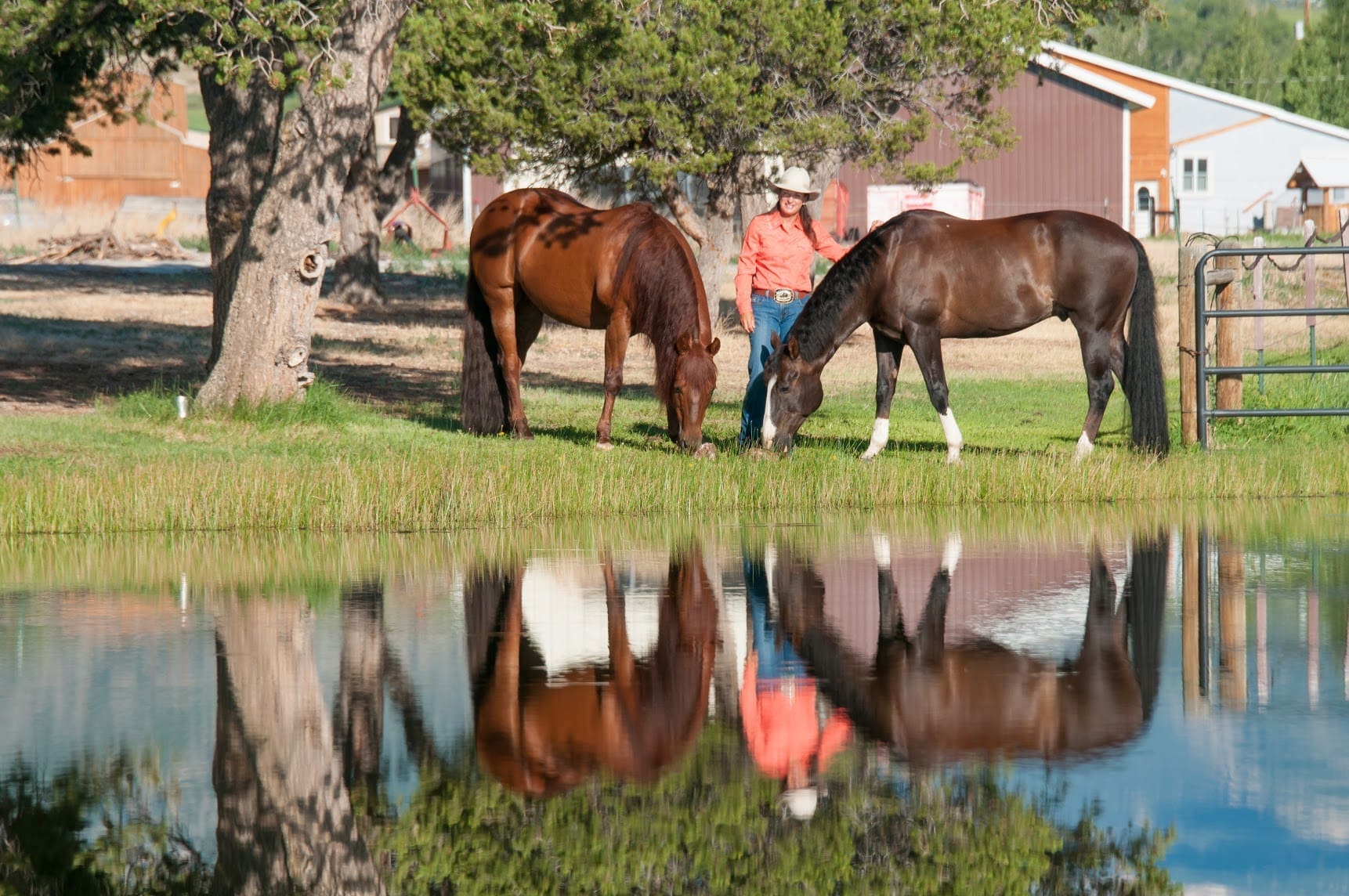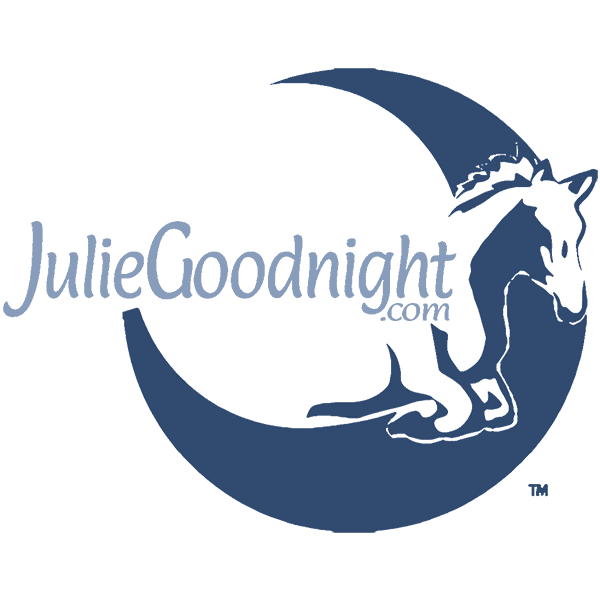FOR IMMEDIATE RELEASE
March 17, 2016
By Juliet M. Getty, Ph.D.
Spring is almost upon us in most of the country, so it’s time to revisit that critical topic: spring grazing.
Transitioning a horse from hay to pasture must be handled with care; this point is non-negotiable. For every horse, a gradual change from hay to grass is required to allow the digestive system to adapt, but for the insulin-resistant horse, grazing time and duration can make the difference between soundness and a disabling condition like laminitis. This time of year can be a test of patience for horse—and owner. The horse may be pawing at the gate to get to the first taste of tender spring grass, yet the owner must pay close attention to making the transition safe and healthful.
As the leaves form from the first spring sprouts, the sugar and starch content increases, making it especially tempting. Regardless of the growth stage, quantities should be monitored because horses crave fresh grass and will eat volumes of it, making their overall non-structural carbohydrate (NSC) consumption dangerously high for horses who are overweight, cushingoid, or who have experienced pasture-related laminitis.
Temperature and sunlight play a major role in the amount of NSC accumulation. To be safe, here are the rules:
- When the night temperature is below 40 degrees F, the grass is too high in NSC.
- Once it gets above 40 degrees F at night, the lowest NSC level is before the sun rises.
- The NSC level is highest in late afternoon, after a sunny day.
There is no exact “best time” to turn out your horses on pasture. Generally speaking in moderate climates, it’s safest before dawn, until approximately 10:00 am, and then again at night, starting at around 11:00 pm. Start slowly, offering hay when horses are not on fresh grass.
Finally, test your pasture! Yes, testing is not only for hay. It will take the guesswork out of knowing which times are best.
Permission to reprint this article is granted, provided attribution is given to Juliet M. Getty, Ph.D. No editorial changes may be made without her permission. Dr. Getty appreciates being notified of any publication.
Juliet M. Getty, Ph.D. is an independent equine nutritionist with a wide U.S. and international following. Her research-based approach optimizes equine health by aligning physiology and instincts with correct feeding and nutrition practices.
Dr. Getty’s comprehensive resource book, Feed Your Horse Like a Horse, is available at www.GettyEquineNutrition.com — buy it there and have it inscribed by the author, or get it at Amazon (www.Amazon.com) or other online retail bookstores. The seven separate volumes in Dr. Getty’s topic-centered “Spotlight on Equine Nutrition” series are available with special package pricing at her website, and also at Amazon in print and Kindle versions. Dr. Getty’s books make ideal gifts for equestrians.
Find a world of useful information for the horseperson at www.GettyEquineNutrition.com: Sign up for Dr. Getty’s informative, free e-newsletter, Forage for Thought; browse her library of reference articles; search her nutrition forum; and purchase recordings of her educational teleseminars. Reach Dr. Getty directly at gettyequinenutrition@gmail.com. She is available for private consultations and speaking engagements.
AHP has not verified the factual statements in any message and AHP assumes no responsibility for the contents of, or any damage resulting from, any communication in the Newsgroup. Publication in the AHP Newsgroup is not an endorsement by the organization of any product, person, or policy. Complaints or concerns about the content of AHP Newsgroup postings should be directed to the originating individual or organization and not to AHP, which cannot resolve disputes arising between members. Complaints of copyright or trademark infringement may be addressed to the Executive Director.
Members may unsubscribe to the AHP Newsgroup at any time by sending an e-mail message to Chris at ahorsepubs@aol.com requesting to remove your e-mail address from the list. By doing this you will remove your name from receiving all future messages sent to the AHP-LIST until you contact us to re-subscribe.

